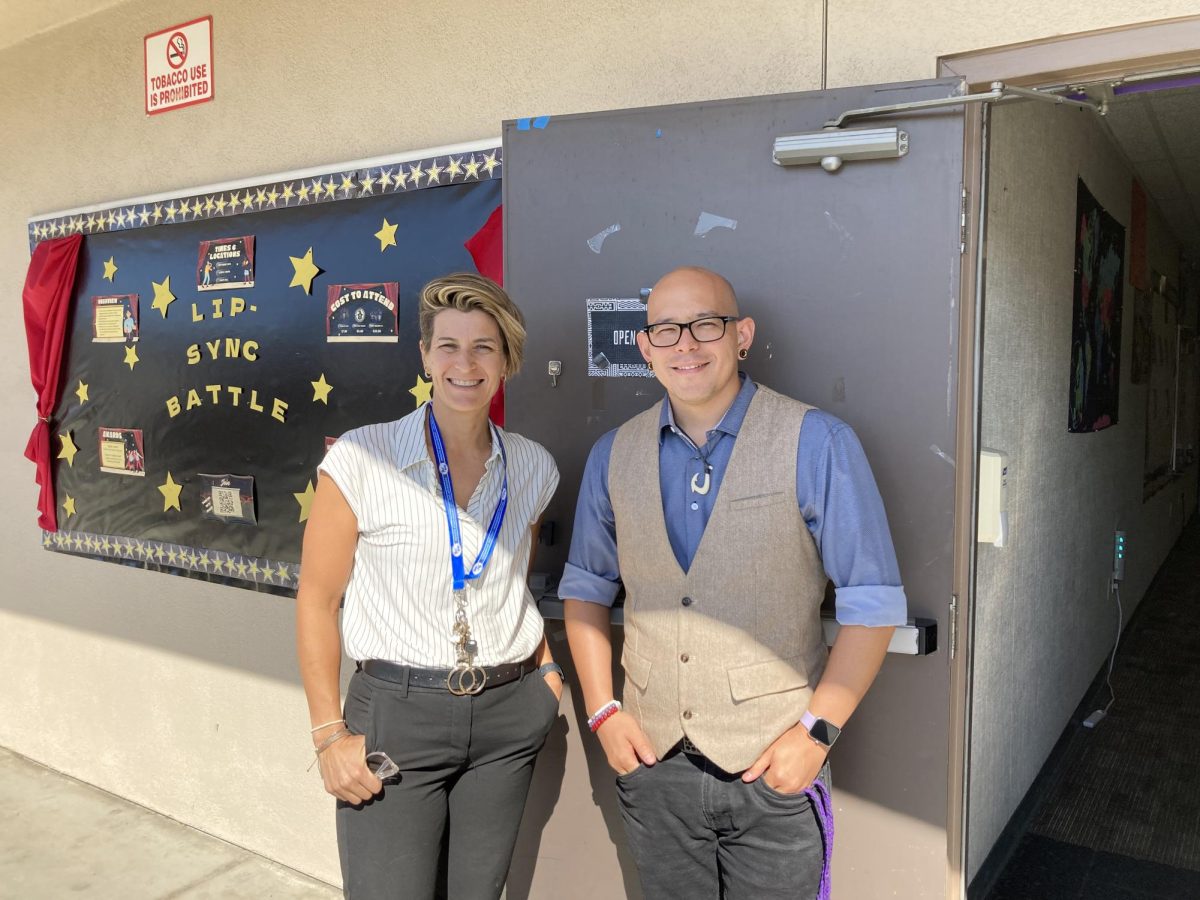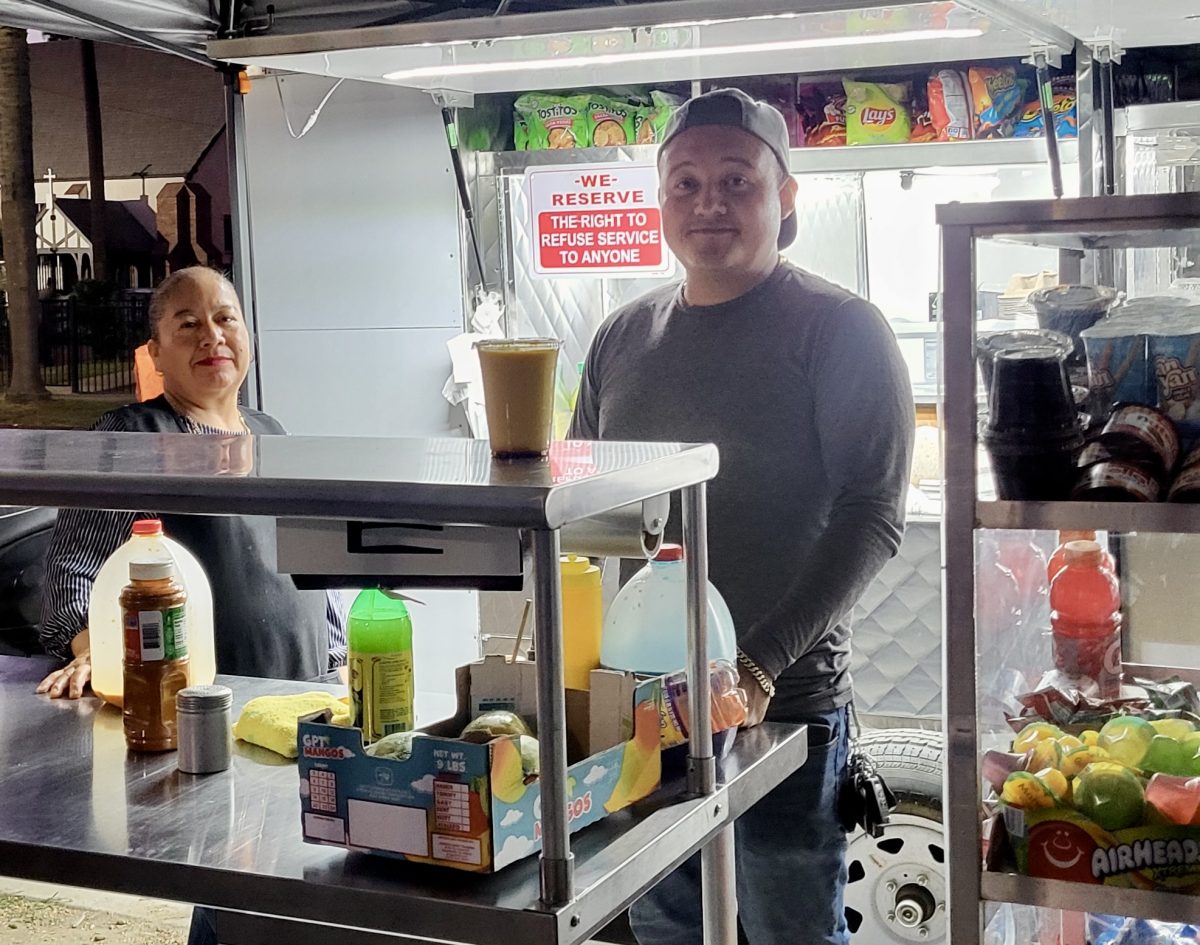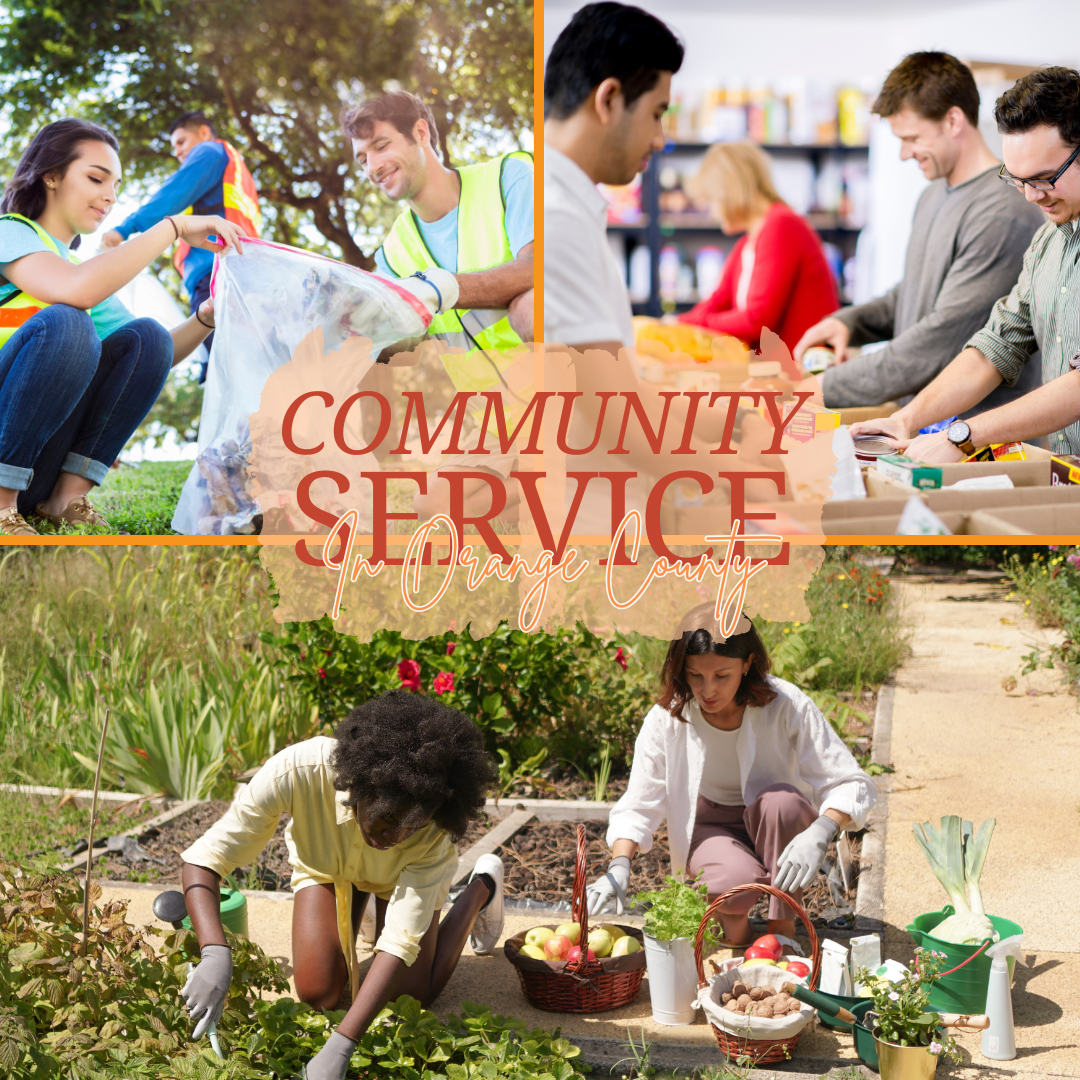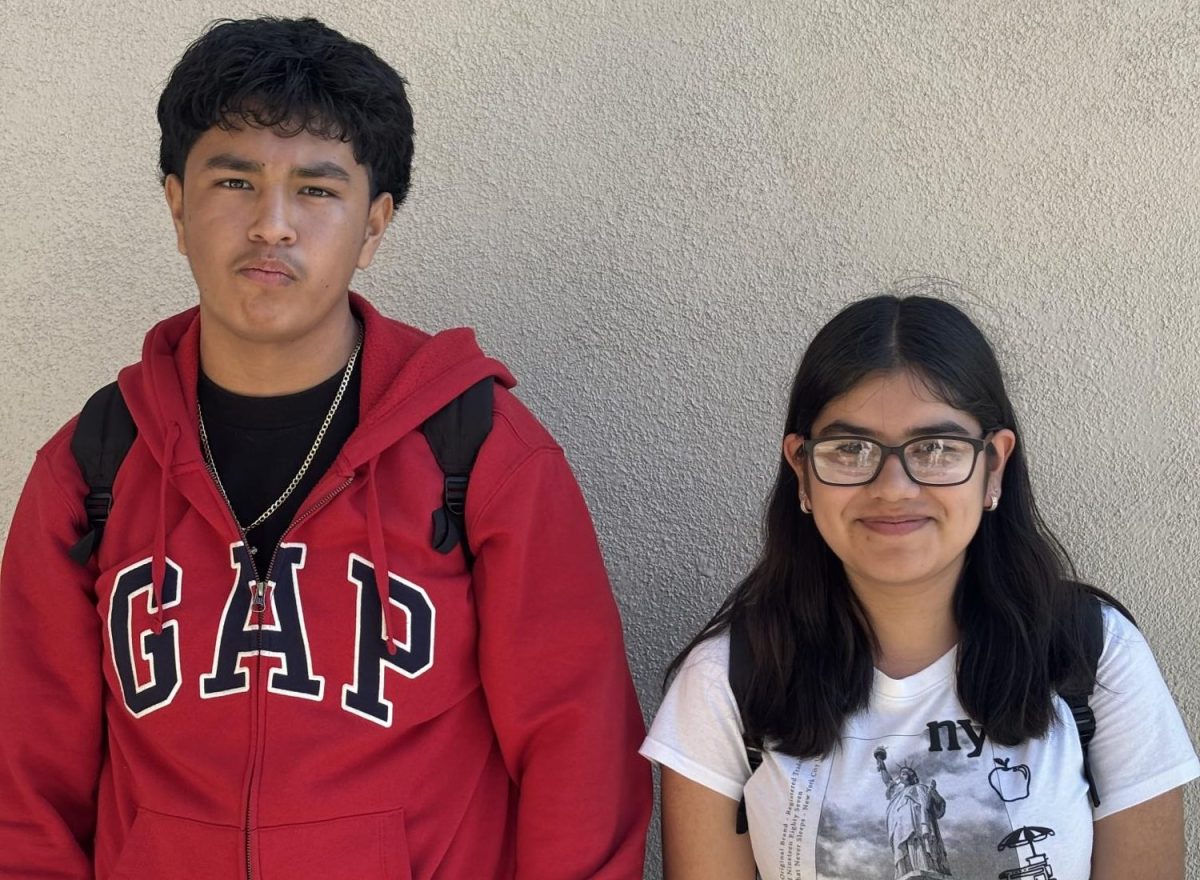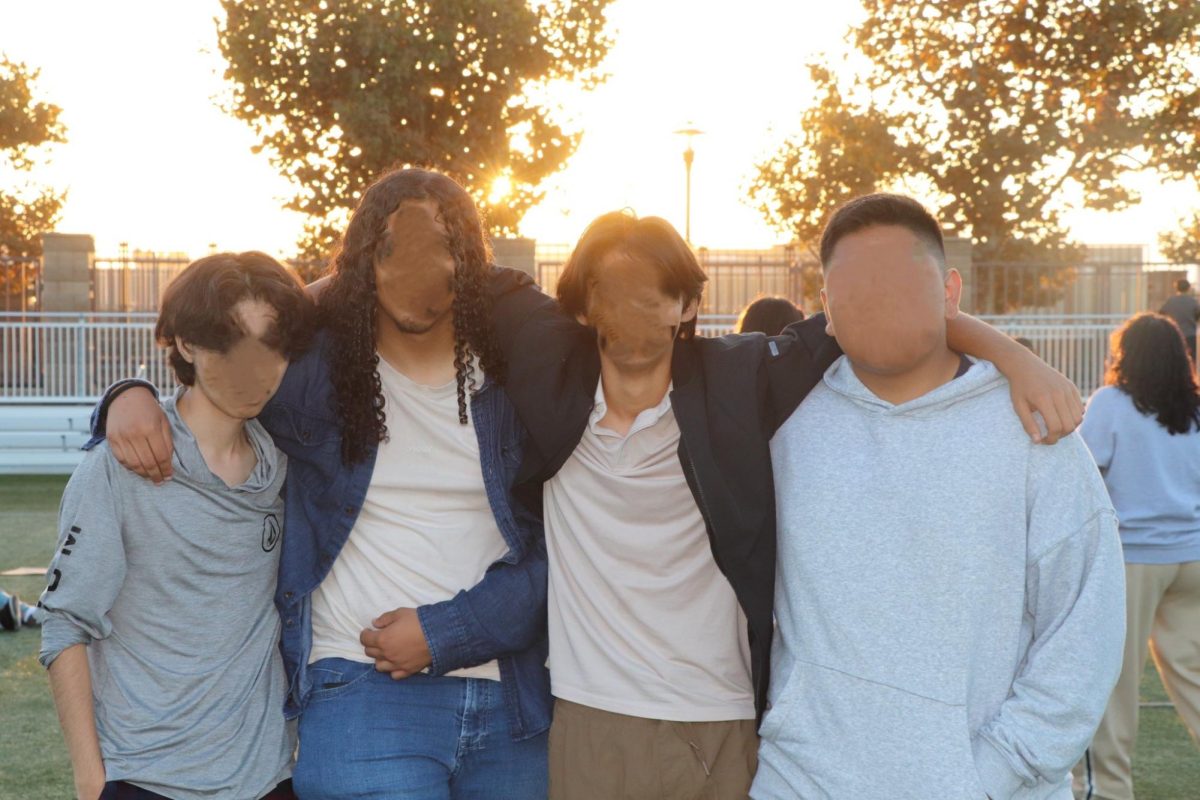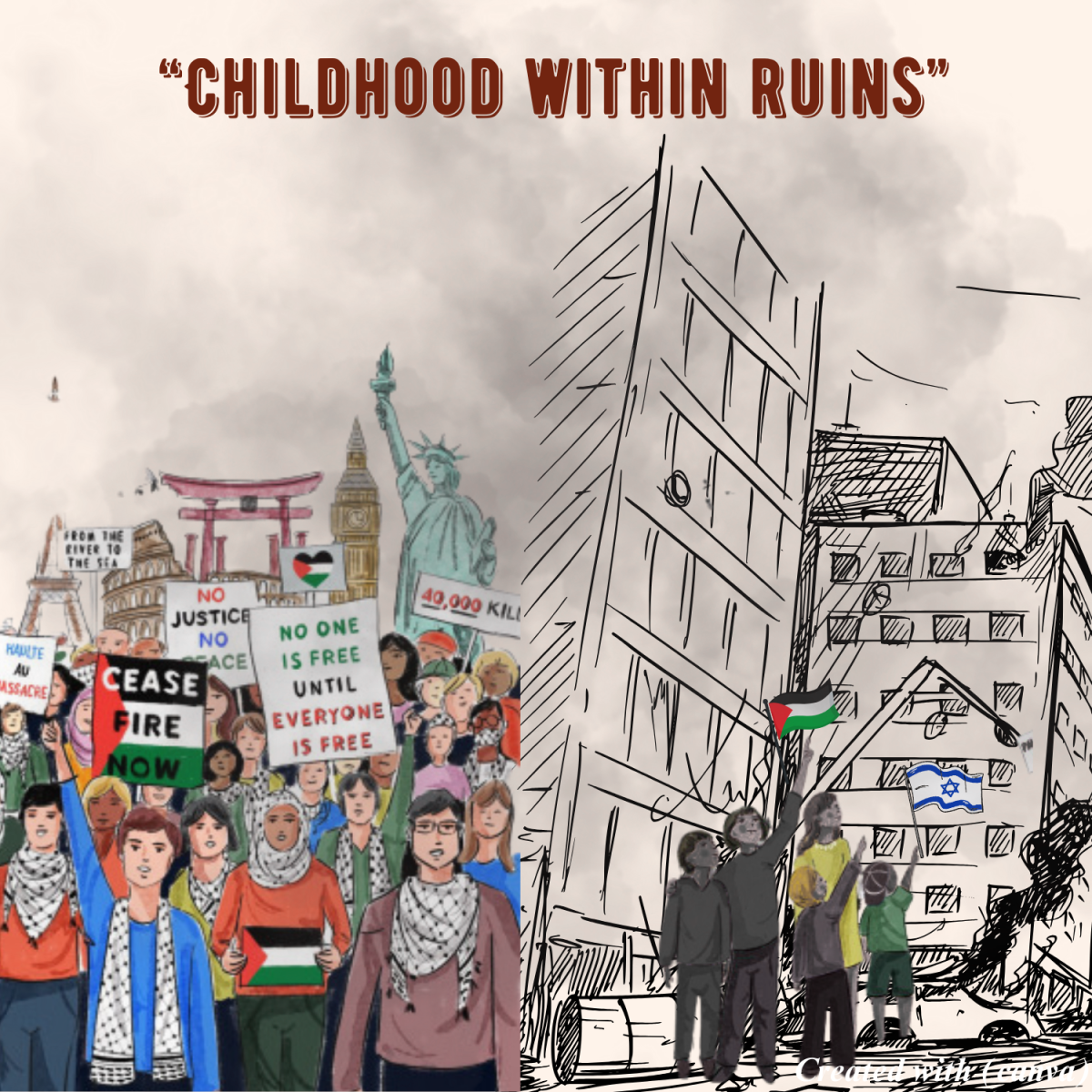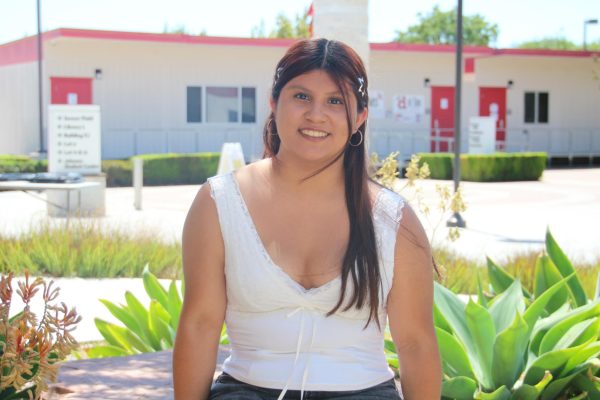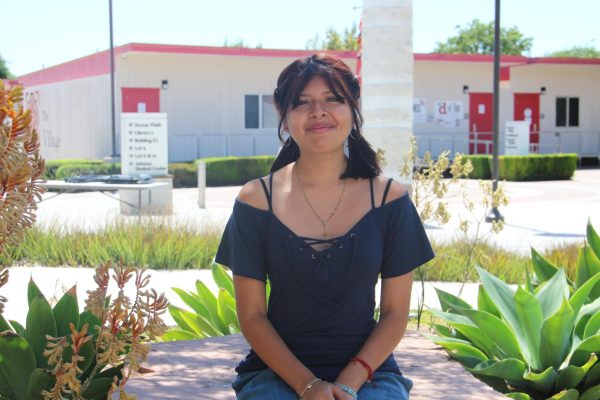KAROL CABRERA: Hey Wizards, welcome back to another year of podcasts. Today we’ll be talking about a more serious topic that we don’t usually focus on.
JOCELYN DIAZ: Recently, there has been an increase in deportations all around California. It has also become a problem in our own community in Santa Ana.
GUADALUPE BRITO: However, on July 1st, 2025 the Santa Ana City Council unanimously approved three separate actions to advocate for the removal of ICE, Immigration and Customs Enforcement.
CABRERA: These actions include the ICE Freedom of Information Act Request, assistance programs, and has called upon its federal elected representatives in congress to advocate for the people of Santa Ana.
DIAZ: Through the request act we’d receive records from ICE pertaining to recent immigration enforcement activity.
BRITO: From these assistance programs there are plans to establish an emergency assistance program for families impacted by immigration enforcement using $100,000 from the city event’s budget. This action will not affect any city events that are planned in the future.
DIAZ: The city has called upon the federal representatives to stop ICE from assisting with deportations in Santa Ana, insists that officers properly identify themselves, and to demand a cease in all immigration raids at public places.
CABRERA: Originally, when people hear that they will be deported they think they will just be sent back to their place of birth but this isn’t the case as there is a long process that they have to go through.
BRITO: First they begin by identifying if you can be deported or not. You can be deported if you crossed illegally, arrived legally but overstayed, or if you’re not a legal citizen and committed some sort of crime.
CABRERA: There are many more ways that people are identified for deportation; a few examples are if they are referred from any previous local arrests, racially profiled, or even reported by a neighbor.
DIAZ: After these people are identified they are arrested and taken into custody by Immigration and Customs Enforcement. Since Trump has taken office on January 20th, there have been over 32,000 people that have been taken into custody. Additionally, ICE officers were assigned a quota of 75 arrests per day.
BRITO: After people are taken, they are moved to the immigration country system to proceed with a trial to see if they will be sent back to their birth place right away or not.
CABRERA: Today we’ll be interviewing Camila Chan Cos. She has personally seen the effects of deportation in our community.
BRITO: How’s your day going so far?
CAMILA CHAN COS: My day’s been going great, I’m just a little tired.
BRITO: What’re your thoughts on the recent deportations?
CHAN COS: Honestly, it’s messed up of what they’re doing just because they shouldn’t be arresting people who are hardworking or just trying to make a living here in the United States and also, in my opinion, there are violating what the Founding Fathers wrote in the Constitution so it’s like, it’s really messed up and I’m really like a little afraid what’s going to happen in the future.
DIAZ: Have you seen any changes within the community?
CHAN COS: I know that the community has been trying to be supportive and trying to like have members of the community to go out to places that ICE have gone, like the Home Depots and car wash and try to monitor those areas in order to, if some like activity is going on then they can alert the community to stay away from those areas.
CABRERA: How do you think this will impact the community?
CHAN COS: Well as ICE raids are going on like again, I feel like there’s going to be more members who are like at risk, going to stay in their house which would later lead to like problems of how they’re going to pay their bills or how they’re going to provide food to their families so I’m not really sure how it’s going to make a huge impact but it’s going to make a negative impact on those who are afraid to go out because of the raids.
DIAZ: Do you feel safe within the community?
CHAN COS: When I’m in my house, maybe but like when I’m like outside, I’m keeping an eye out now just because of everything going on and just like, and also like, there’s this reporter that I follow on Instagram so I’m also like keeping updated with him too, just because I just don’t want to risk a separation of my family because I know it’s hard and those who are going through it, it’s not well.
BRITO: How have the deportations affected you?
CHAN COS: Well, they haven’t really affected me that much since me and my family just decided to stay home. But, I know that this sister from church who has been real affected since her husband was deported over a month ago so we’re trying to lend her a hand and just to be sure that she knows that we’re here for her and it’s unfortunate that happened. But, as me and my family wise, we’re like, we’re still doing okay, we’re being cautious of when we’re going out and we’re only going out when needed to.
BRITO: Is there anything else you would like to add?
CHAN COS: Just for everyone who’s hearing this just to be careful and to keep updating with the news, but not too much because it could also be overwhelming, and if you know someone who’s struggling, please help them if you can because the times that we’re living in now, they’re rough and I have a feeling that it’s going to get rougher.
DIAZ: We know that many people are being affected by these unfair acts and we’d like to guide you all to some resources.
BRITO: The first resource we found is here in Santa Ana, called Ayuda Sin Fronteras. It is a city-led program that provides emergency housing assistance for Santa Ana residents impacted by immigration enforcement activities.
CABRERA: For those who are in need of legal support there is the Orange County Justice Fund that helps detained residents pay their bonds to reunite with their families while they fight their cases.
DIAZ: Lastly, here at Santa Ana College they have the Undocu-Scholars Center. They provide resources for students such as financial aid, DACA support, and information on the California Dream Act Service Incentive Grant Program.
BRITO: With that, we want to send our support to everyone affected by deportations. You’re not alone.
BRITO: Thank you for tuning into our podcast. Remember, even small actions can make a big difference in supporting our community. Stay tuned for our upcoming episodes.

